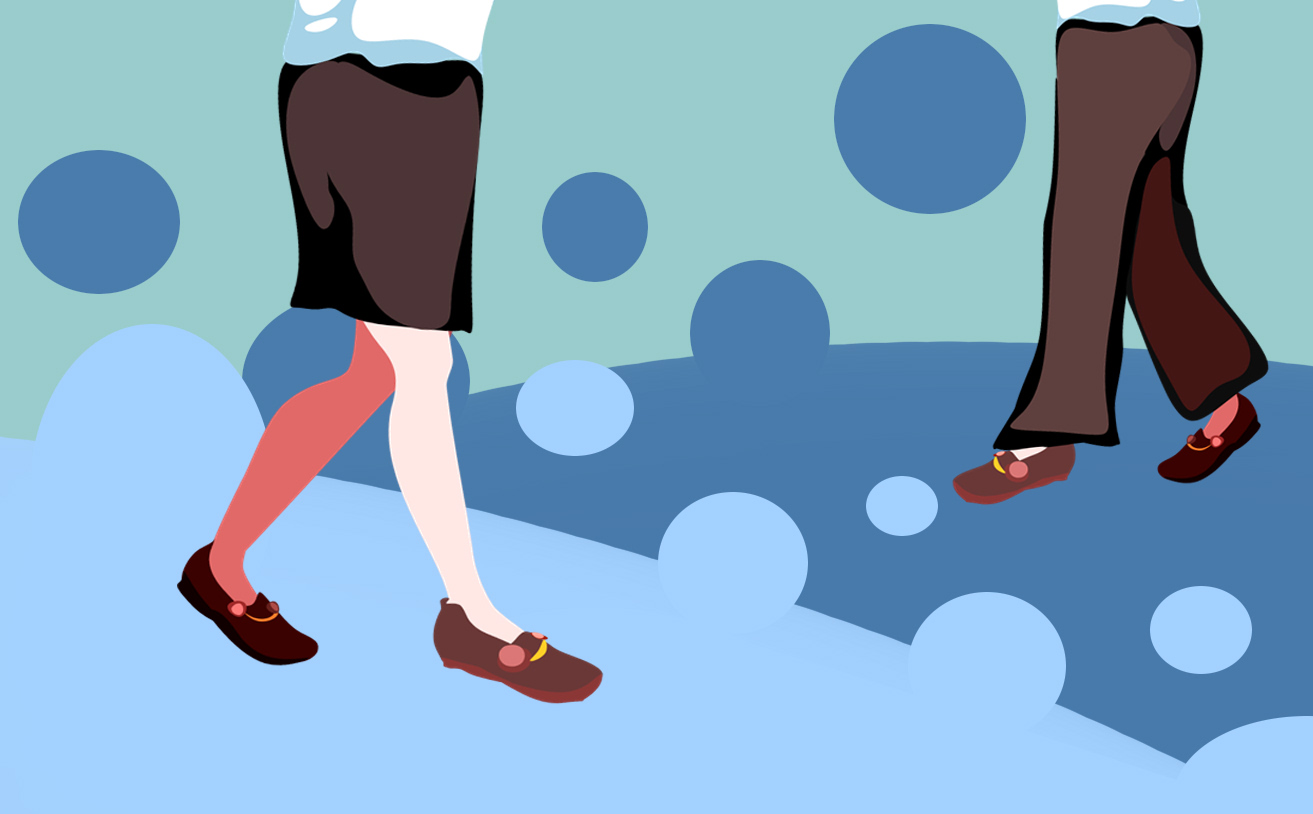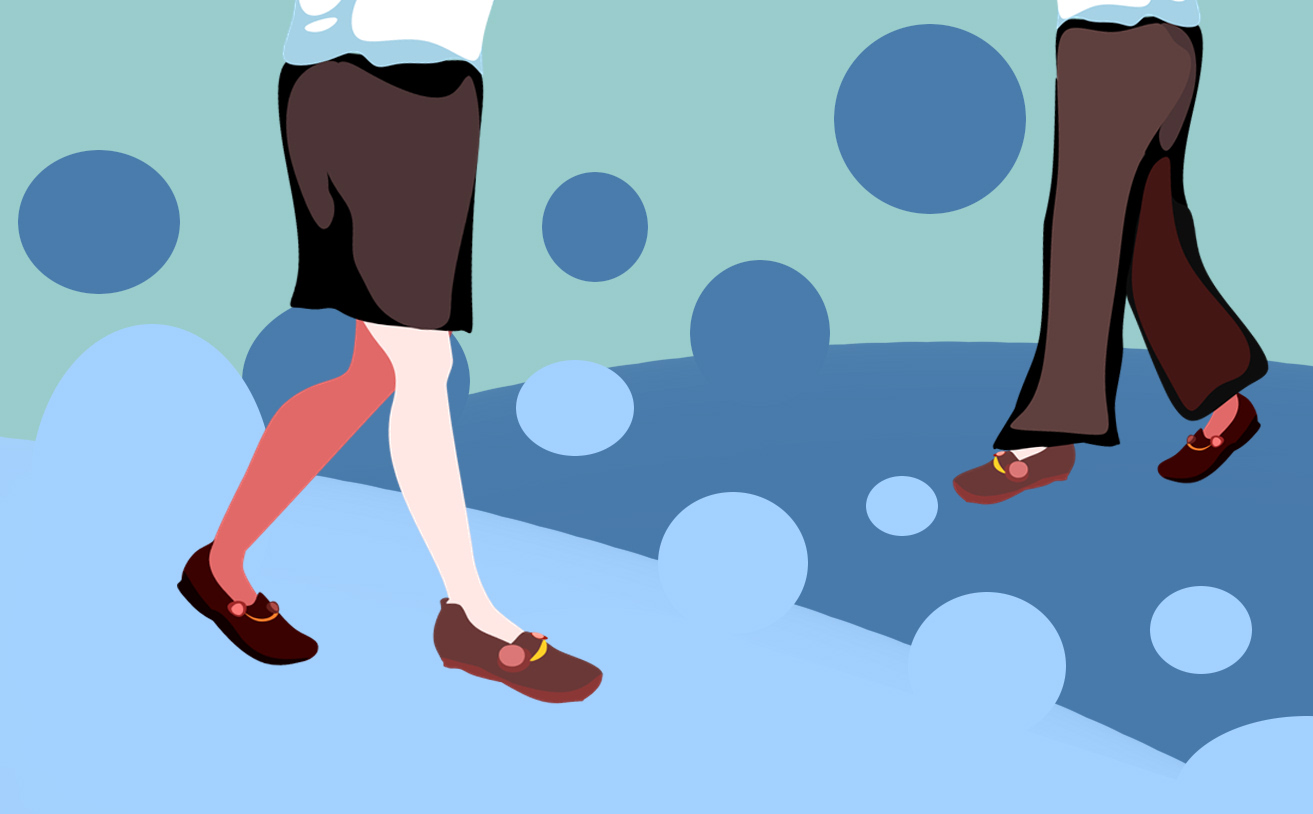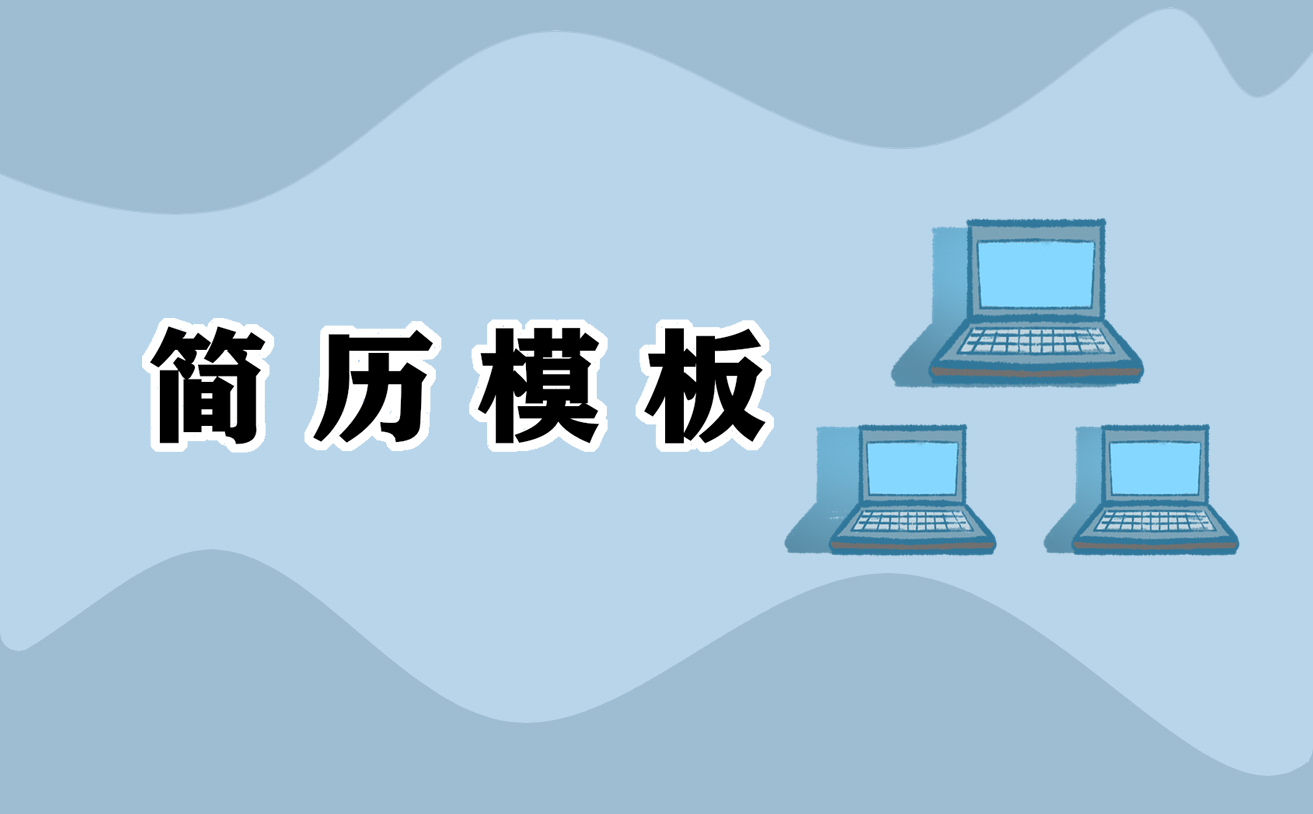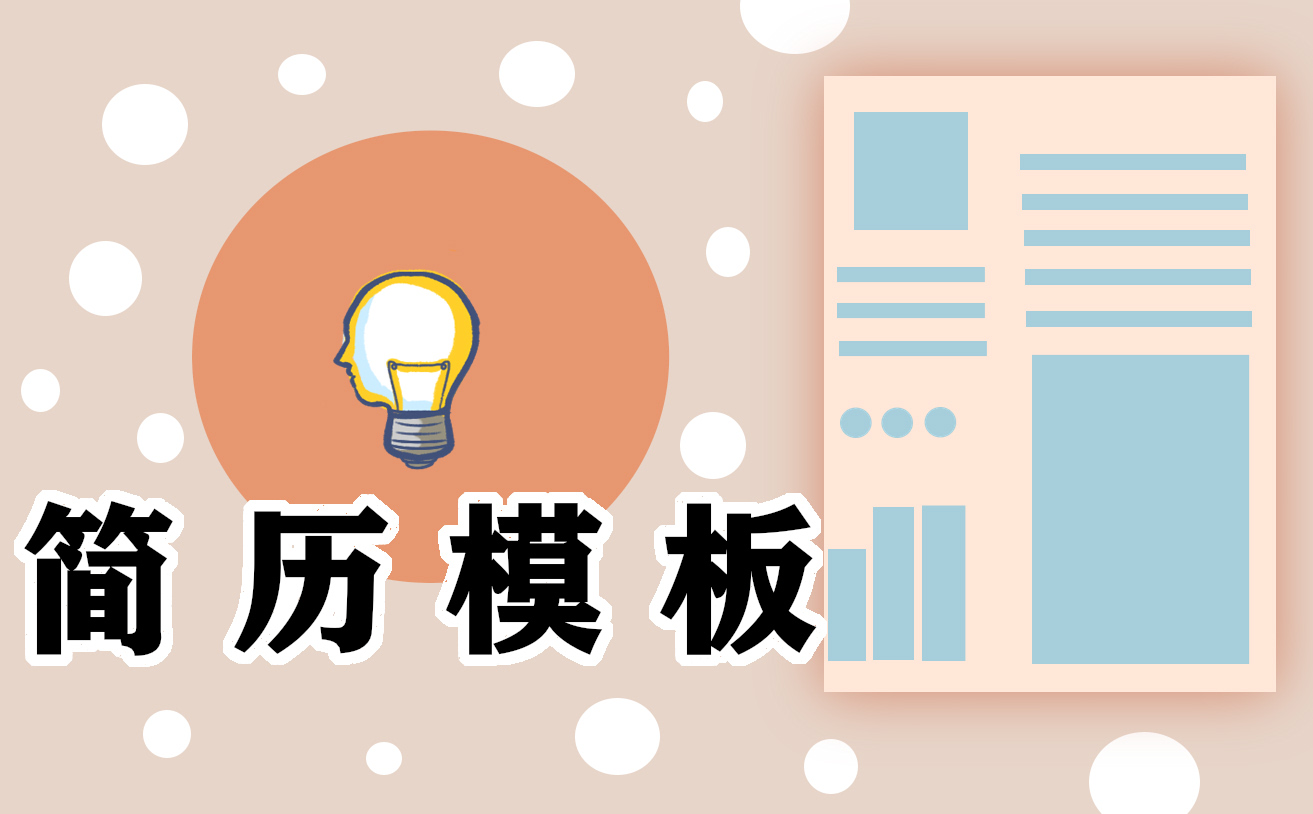牛顿英文简介
时间:2021-07-02 03:43:53
艾萨克·牛顿,英国著名的物理学家,百科全书式的“全才”,下面是小编给大家整理的牛顿英文简介,供大家参阅!
艾萨克·牛顿简介
Isaac Newton (January 4, 1643 - March 31, 1727) Jazz, the British Royal Society, the famous British physicist, encyclopedia of the "all-rounder", author of "philosophy of nature Mathematical principles "," optics ".
In his essay "Natural Law" published in 1687, he describes the gravitational and three laws of motion. These descriptions laid the scientific view of the physical world for the next three centuries and became the basis of modern engineering. By demonstrating the coherence between the Kepler's planetary law of motion and his gravitational theory, he shows that the movement of the ground object and the celestial body follows the same laws of nature; it provides strong theoretical support for the sun center and promotes Scientific revolution.
In mechanics, Newton expounds the principle of momentum and angular momentum conservation, and proposes Newton's law of motion. In optics, he invented the reflection telescope, and based on the prism to white light into the visible spectrum of observation, developed a color theory. He also systematically expressed the law of cooling and studied the speed of sound.
In mathematics, Newton shared with Gottfried William Leibniz the honor of developing a calculus. He also proves the generalized binomial theorem, and proposes the "Newton method" to the zero of the approximation function and contributes to the study of the power series.
In economics, Newton proposed a gold standard system.
艾萨克·牛顿人物生平
Teenager
On January 4, 1643, Isaac Newton was born in the Woolsthorpe manor in a small village of Woolthorpe village in Lincolnshire, England. At the time of Newton's birth, England did not use the Pope's latest calendar, so his birthday was recorded as Christmas in 1642. Newton was born three months before, he also named Isaac's father had just died. It was rumored that his mother, Hannah Ayscough, had said that Newton was born when he was small enough to put him in a quart of mugs. When Newton was three years old, his mother remarried and housed the home of the new husband Barnabus Smith, and entrusted Newton to his grandmother Margery Ayscough, The Young Newton did not like his stepfather and had some hostility to his mother because of his mother 's remarriage, and Newton had even written: "threaten my stepfather and mother, and burn them together with the house.
In 1648, Newton was sent to study. Junior Newton is not a child prodigy, his performance in general, but he likes to read, like to see some of the simple mechanical model production methods of reading, and inspired by their own hands to create some strange gadgets, such as windmills, Wooden bell, folding lanterns and so on.
The legend of Newton touched the mechanical principle of the windmill, made a model of the mill, he tied the mouse to a wheeled treadmill, and then put a corn in front of the wheel, just that place is The mouse is inaccessible position. The mouse would like to eat corn, and constantly running, so the wheels kept turning; once again when he was flying a kite, hanging on the rope with a small light, the night the village looked surprised to see the comet appeared; he also made a small bell The Every morning, a small water clock will automatically drip into his face, urging him to get up. He also likes painting, sculpture, especially like carved sundials, home walls, windowsill everywhere placed with his portrayed sundial, to see the shadow of the move.
school days
In 1654, Newton went out of school with more than a dozen kilometers of Kowloon's King's Royal High School. Newton's mother had hoped that he would become a farmer, but Newton himself did not intend to, and love reading. With the increase in age, Newton more love to study, like meditation, do little science experiment. When he was studying at the Royal High School in Kingdez, he had been in a pharmacist's home and had been influenced by chemical tests.
Newton has a great academic record in the middle school, loves to study, curious about natural phenomena, such as color, shadows, especially geometric, Copernicus, and so on. He also categorized notes, and liked to ingeniously do small tools, tips, small inventions, small tests.
At that time the British society infiltrated the new ideas of Christianity, Newton home with two priests as a professional relatives, which may be Newton's religious life suffered. Only from these ordinary environment and activities, but also do not see the young Newton is a different from ordinary people can be different children.
Later forced to live difficulties, the mother to Newton suspended in the house farming, support the family. But Newton had the opportunity to bury the book, and even forget to work. Every time the mother told him to join the servant with the servant, familiar with the business of doing business, he pleaded with the servant a person took to the streets, he hid in the grove after reading. Once again, Newton's uncle was suspicious, and he followed Newton on the town and found his nephew Newton stretched out his legs, lying on the grass, and concentrating on a math problem. Newton's eager mind touched the uncle, so uncle to persuade his mother to Newton school, and encouraged Newton to college. Newton returned to school again, eager to learn the nutrition of the book.
According to the "Men of Mathematics, ET Bell" and "An introduction to the history of mathematics, H. Eves" "Newton started school education in rural schools and was later sent to the King Middle School of Grantham and became the best student of the school. At Kings High School, he boarded the local pharmacist William (William Clarke), and at the age of 19 went to Cambridge University before the school, with the pharmacist's stepfather Anne Stowler (Anne Storer) engagement. Later, because Newton focused on his research and make love cooling, Stole It is said that Newton had a good memory of the affair, but then there was no other romance, and Newton did not marry for life.
However, according to the description of the book "Memoirs of Sir Isaac Newton's Life" by William Stukeley, a friend of Newton's contemporary era, Strickley died after Newton's death Had visited Vincent (Madame Vincent), that is, Newton's lovers Miss Stole. The name of Mrs. Vincent is called Catherine, not Anne, Anne is her sister (see Arthur Storer), and the lady only said that Newton was the same time she was "pregnant with" the degree of "only."
From the age of 12 to 17 years old, Newton in the Royal High School in the study of gold, in the school library windowsill can also see his signature of the year. He dropped out of school and returned to Elsopau in October 1659 because his widowed mother wanted Newton as a farmer. Newton, though obeying the mother, but according to Newton's peers later, the farming work made Newton quite unhappy. Henry Stokes, the principal of the Royal High School of King Kong, persuaded Newton's mother, who was sent back to school to finish his studies. He completed his studies at the age of 18 and got a perfect graduation report.
June 3, 1661, he entered the Cambridge University Trinity College. At that time, the college's teaching was based on Aristotle's doctrine, but Newton preferred to read some of the modern philosophers such as Descartes and astronomers such as Galileo, Copernicus and Kepler. In 1665, he discovered the generalized binomial theorem and began to develop a new mathematical theory, that is, later known to the world of calculus. In 1665, Newton got a degree, and the university was shut down to prevent the Great Plague in London. Over the next two years, Newton continues to study calculus, optics, and gravitational law at home.
Political career
In 1669, was granted to Lucas Professor of Mathematics.
In 1689 he was elected a member of Congress. Newton was a member of the Royal Academy of Sciences from 1689 to 1690 and 1701 and became president of the Royal Society in 1703 and worked for 24 years, after Joseph Becks, who was also president of the French Academy of Sciences Of the members.
In 1696, Newton passed the administration of the then Chancellor of the Exchequer Charles Montague to move to London for the supervision of the Royal Mint, until death. He presided over the UK's largest money recast, the job is generally idle, but Newton is very serious treatment. As the chief executive of the Royal Mint, Newton estimates that about 20% of the coins are forged. It is very difficult to convict those infamous criminals; but it is proved that Newton is doing well. Newton became a gentleman.
In 1705, Newton was called the Queen by Anne Queen.
Newton wrote a lot of religious pamphlets that dealt with the text of the Bible in the 1670s. Henry Moore's cosmic belief and refusal of Cartesian dualism influenced Newton's religious beliefs. In his never-published manuscript to John Locke, he disputed the existence of the Trinity.
Resignation
March 31, 1727 (Granville), the great Isaac Newton died, and many outstanding British people were buried in the Westminster Abbey. His tombstone engraved: Let people cheer such a great human glory has existed in the world.
When the New Year in 1727, 85 years old died, the British buried him in Westminster. Westminster's predecessor is a monastery, in 1579, the British Queen Elizabeth I will Westminster to college, the principal appointed by the British monarch. Westminster's official name was changed to "Westminster St. Peter's College Church", after three centuries, Westminster became Oxford and Cambridge after the third British institutions of higher learning. The poet Alexander Pope wrote the following epitaph for Newton: Nature and Nature 'law lay hid in night; God said, "Let Newton be," and all was light. The laws of nature and nature are hidden in the darkness; God says, "Let Newton come!" So everything turned bright.
For more than nine hundred years, Westminster Abbey was an important place for the British celebration, except for worship, prayer and worship. British celebrities can be buried after death to this glory. According to statistics, the area covers an area of 2972 square meters of Westminster Temple (Westminster St. Peter's College Church), buried a total of more than 3,300 people, including many contemporary celebrities, such as: Darwin, Dickens , Newton, Churchill ... ... countless people in the UK have far-reaching impact on the historical figures are resting in the Westminster Temple, there are many celebrities, itself is not buried here, there are written on the name of the stone plate embedded in the ground as a memorial. And the most famous inside is Newton, he is the first in the history of mankind to get the natural sciences of natural scientists.
His cemetery is located in the center of the front hall of Westminster Abbey, that is, the nave, where the statue of a Newton statue stands above the cemetery, and the stone is sitting on a pile of books. There are two angels around, there is a huge earth shape to commemorate his achievements in science.
No matter how many Newton's mysteries and controversies, but this is not enough to reduce Newton's influence. In 1726, Voltaire once said that Newton was the greatest man because "he ruled our minds with the power of truth, rather than enslave us with force."
In fact, if you look at the index of a science encyclopedia, you will find that Newton and his laws and found more than two to three times more than any scientist. Leibniz is not Newton's friend, and there have been very intense debates between them. But he wrote: "From the beginning of the world to the time of Newton's life, the contribution to the development of mathematics is largely made by Newton." The great French scientist Laplace wrote: "The principle is human wisdom The most outstanding masterpiece of the product. "Lagrange often said Newton was the greatest genius ever.
In the American scholar Mike Hart's "100 people who affect the history of human history list", Newton ranked No. 2, second only to Muhammad. The book pointed out: in Newton after the birth of hundreds of years, people's lifestyles found earth-shaking changes, and these changes are mostly based on Newton's theory and discovery. In the past 500 years, with the rise of modern science, most people's daily life has undergone a revolutionary change. Compared with 1500 years ago, we wear different, different diet, work different, but also with them is that we have a lot of leisure time. Scientific discovery not only brings technological and economic revolution, it also completely changed the political, religious thought, art and philosophy.
In 2003, the British Broadcasting Corporation was named one of the greatest British people in a global selection of the greatest British activities. "The global public is aware that Newton's achievements are cosmopolitan and have an impact on all mankind," said Tristram Hunt, a historian who specializes in editing Newton's album in the Great British family documentary. These voters apparently crossed the borders, and he was happy with Newton 's presence.
牛顿英文简介相关
牛顿英文简介相关文章:
[个人简历]图文推荐






